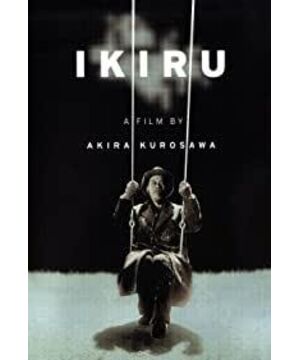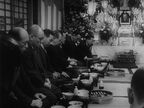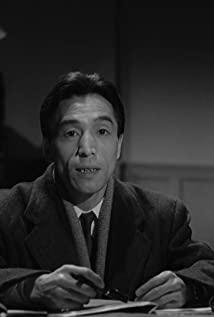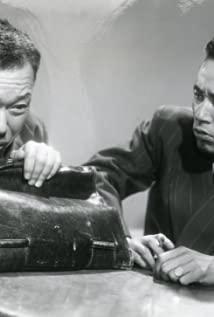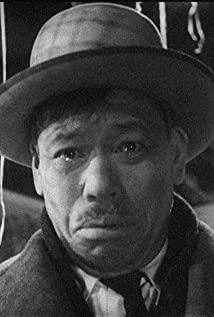One of the criteria of classic cinema is that it is critical beyond time, that is, as archetypes can be set in the present. "Desire to Live" clearly meets this standard, and its discussion of bureaucracy and exploration of survival is still a problem that plagues modern people.
"Life" has two advantages. The first is Shimura Joe's performance. His slightly exaggerated eyes clearly show that the civil servants are walking dead and their souls are empty. A sluggish response mixes institutional rigidity with the burden of serious illness. The director did not hesitate to give Shimura Joe a lot of facial close-ups to give the audience enough stimulation. It's the way the story is told. As soon as the narration comes up, the sarcastic introduction is both efficient and rich, and the film is critical, leading the audience to reflect. And the setting of the protagonist's death in the middle of the film is very bold, and it also sets up a suspense. At the same time, the perspective changes to the people around him, showing the impact of Watanabe's transformation on others. What the director has to do here is to compress time and space, expressing the greatest meaning with the least space and time. If the positive sequence method is adopted, the changes of colleagues in the funeral can only be conveyed through dialogue, which will be very monotonous and boring.
The film is an exploration of the meaning of life, a throwback to the clichés, but less boring thanks to the acting and telling skills. Next, see if the answer it gives is worthy of such a form. Watanabe was first confused after being awakened by stomach cancer. He had lost the ability to enjoy life. His life was for his son, and he had lost himself. Therefore, he needed a mentor to learn again. The first mentor was a down-and-out writer, who was obviously not a happy person himself, which was impressive in his face. Watanabe's exploration of following the writer is imposed by the outside, and it is also a sensual dog to satisfy his own desires. The result is very exhausting and ineffective. The film apparently denies both the form sought from the outside and the egoism that clings to personal pleasure.
Immediately afterwards, Watanabe met a female subordinate who was naturally optimistic, and was attracted by the light of her life, just like encountering blood mosquitoes entangled around her, eager to get vitality from the other party. However, it also ended in failure, and the female subordinate even hated Watanabe. But female subordinates mentioned that their happiness comes from work and the bond between them and others through work. This points the way to Watanabe's self-awakening. In the end, Watanabe himself looked into his heart and discovered what really made him happy, which was to serve the people. The film has given a clear attitude here. Regarding the meaning of life, the way to obtain it should be from within oneself, rather than by closely referring to others. The content is that only by serving the society can you be happy. From this, it can be seen that Akira Kurosawa's handling in this film is very traditional and mainstream, so that Watanabe even has the shadow of a model like Jiao Yulu. However, its final choice is still subjective, and it is suitable for Watanabe himself rather than universal. Moreover, such a choice still has a tragic meaning. Watanabe still seems to have no self-appeal, and serving the people is no different from his previous dedication and son. Still a giver, a giver. This stems from the fact that the character is single, and Watanabe actually has no essential change, just like other selfish bureaucrats in the movie are still selfish recently. It has to be said that this kind of treatment is a bit too monotonous now, but its strong appeal cannot be denied.
View more about Ikiru reviews


